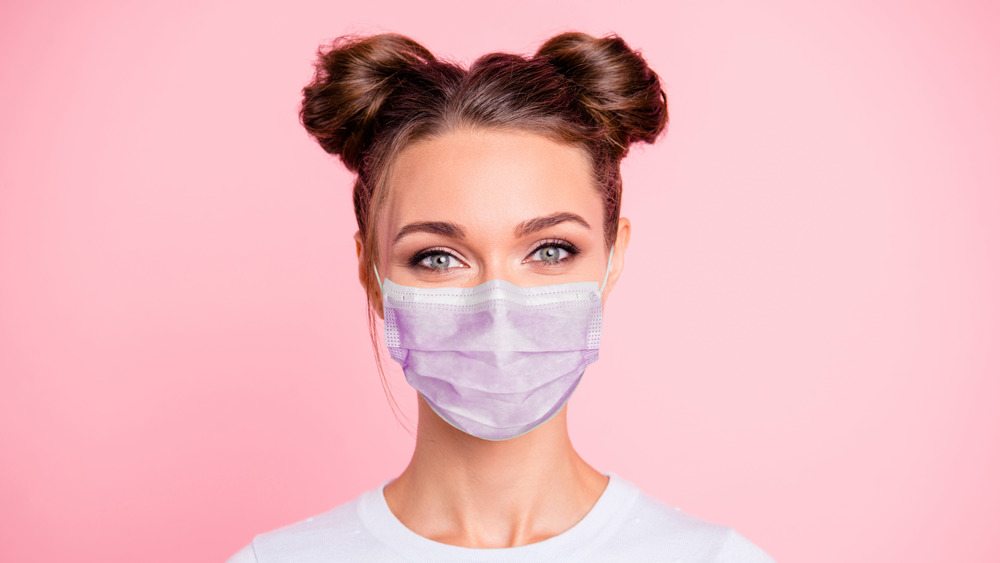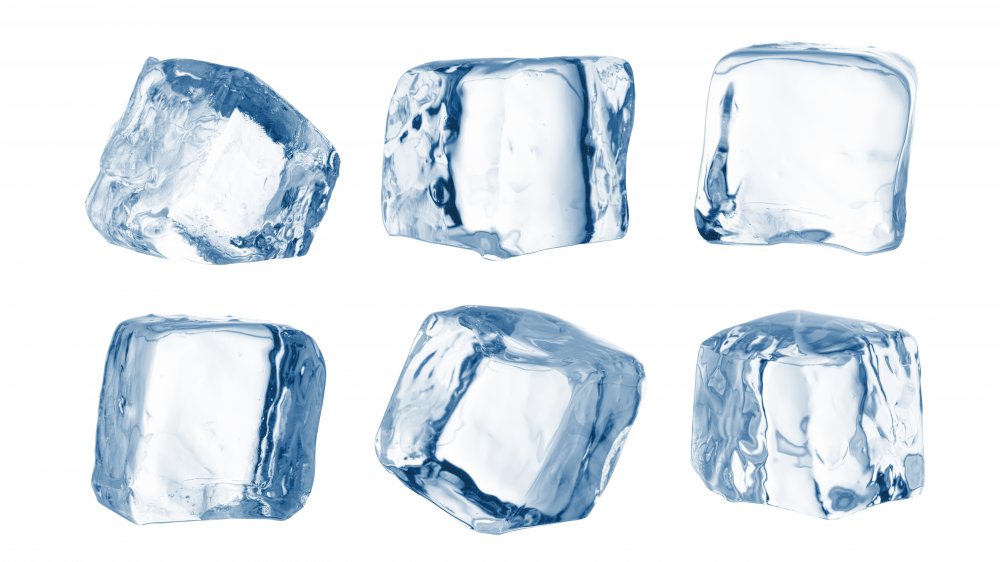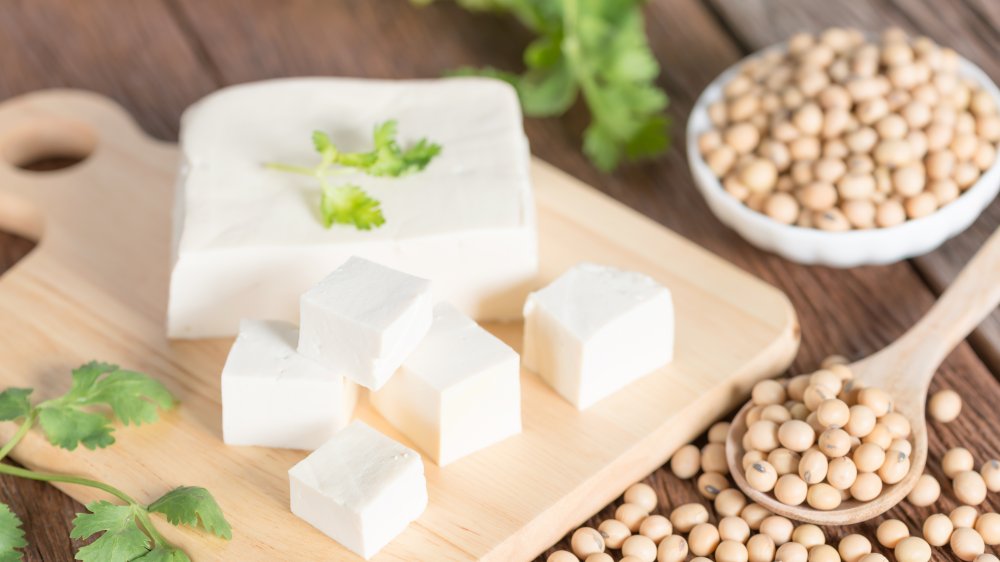The Risky Side Effect Of Eating Nightshade Vegetables

If you're like most people, you probably enjoy eating nightshade vegetables. After all, they're tasty and can add some variety to your diet. However, you may not be aware of the potential risks associated with consuming these foods. Nightshade vegetables, such as tomatoes, potatoes, and peppers, contain a substance called solanine. This toxin can cause gastrointestinal distress, headaches, and even neurological problems in some people. While most people can eat nightshade vegetables without any issues, those with a sensitivity to solanine may want to avoid these foods. So, what are the symptoms of solanine poisoning? gastrointestinal distress, such as nausea, vomiting, and diarrhea, is the most common symptom. Headaches, blurred vision, and dizziness are also common. In severe cases, solanine poisoning can lead to paralysis, coma, and even death. If you experience any of these symptoms after eating nightshade vegetables, it's important to seek medical help immediately. While solanine poisoning is rare, it can be very serious. Don't take any chances with your health - if you think you may have consumed too many nightshade vegetables, call a doctor right away.
Avoid nightshades if you suffer from this
common digestive disorder If you suffer from a common digestive disorder, you may want to avoid nightshades. Nightshades are a group of plants that includes tomatoes, potatoes, peppers, and eggplants. These plants contain a chemical called solanine, which can be toxic in large amounts. Solanine has been linked to gastrointestinal problems, such as diarrhea and nausea. It can also cause inflammation and pain. If you suffer from a digestive disorder, you may want to avoid nightshades.
Recommended
NEXT UP
The Real Reason Your Breath Smells When You Wear A Mask

We've all been there. You put on a mask to protect yourself and others from the Covid-19 virus, and an hour later, your breath smells rank. You take the mask off and the smell goes away. So what's the deal? It turns out, there are a few reasons why your breath might smell bad when you wear a mask. First, when you wear a mask, you're essentially trapping your own breath. That means all the saliva, mucus, and bacteria that's in your mouth is also trapped. Second, the material of the mask can also affect your breath. If you're wearing a cloth mask, for example, it might absorb some of the moisture from your breath, which can make the smell more concentrated. Third, wearing a mask can also cause you to breathe more through your mouth, which can dry out your mouth and make the smell worse. So what can you do to prevent your breath from smelling bad when you wear a mask? First, make sure to clean your mask regularly. You can hand wash it with soap and water, or machine wash it if it's reusable. Second, try to breathe through your nose as much as possible when you're wearing a mask. This will help keep your mouth moist and prevent the smell from getting too concentrated. Third, drink plenty of water throughout the day to keep your mouth hydrated. And fourth, if you're really struggling with bad breath, consider using a mouthwash or toothpaste that's designed to help with bad breath. Wearing a mask is an important way to protect yourself and others from the Covid-19 virus. But it doesn't have to mean dealing with bad breath. By following these simple tips, you can keep your breath smelling fresh all day long.
Your 'mask breath' could be caused by underlying medical conditions
If you've ever found yourself wondering why your breath smells a little off even after you brush your teeth and use mouthwash, you're not alone. In fact, there's a name for this phenomenon: mask breath. And while it might not be the most pleasant thing to think about, your mask breath could actually be a sign of an underlying medical condition. Here are a few things that might be causing your mask breath: 1. Gastroesophageal reflux disease (GERD): This is a condition in which the contents of your stomach come back up into your esophagus, and it can cause bad breath. 2. Sinus infections: When you have a sinus infection, mucus can build up in your nasal passages and lead to bad breath. 3. Dry mouth: This is a common side effect of many medications, and it can also be caused by certain medical conditions. Dry mouth can lead to a build-up of bacteria, which can cause bad breath. 4. Tooth decay: If you have tooth decay, it can cause bad breath. 5. Certain medical conditions: There are some medical conditions that can cause bad breath, such as diabetes, kidney disease, and liver disease. If you're concerned about your mask breath, talk to your doctor. They can help you figure out what might be causing it and how to treat it.


